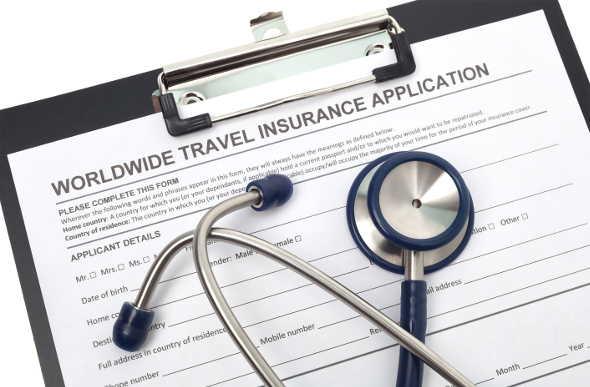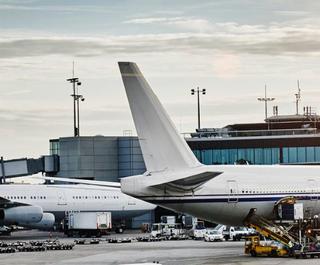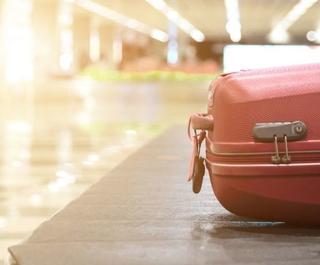
I bet everyone has a friend of a friend who ended up in the deep end on their holiday without any travel insurance. It's a scary proposition to find yourself in but one that can so easily be avoided.
I spoke with Cover-More who helped me put the cost of some common accidents into perspective.
Take this for example - if you are involved in a car accident in the United States and require intensive care, the medical bill could climb to more than $300,000. Plus if you require lengthy hospitalisation, be prepared for a medical bill approaching $1 million. Ouch (and not because of the actual accident!)
 If you can't afford to insure you can't afford to travel (Getty)
If you can't afford to insure you can't afford to travel (Getty)
Or how about a serious scooter accident in Bali? A medivac back to Australia for the appropriate care could cost you $40,000.
FYI - scooter accidents are probably the most common accidents in Bali and skiing and snowboarding injuries in Canada represent some of the most expensive medical claims.
All of these scenarios represent the fundamental reason why all Aussie travellers shouldn’t leave the country without quality travel insurance. As the Federal Government's SmartTraveller website states, 'if you can't afford travel insurance, you can't afford to travel'.
 Remember to organise insurance if you're going to be riding on a scooter (Getty)
Remember to organise insurance if you're going to be riding on a scooter (Getty)
Before you take off on your next holiday, consider these 10 things you need to know about travel insurance ...
- Make sure you are in safe hands. It is important to ensure your insurance provider has their own in-house emergency medical team of doctors and nurses to provide assistance should you require it. This will save time when it comes to potentially life-saving action and decisions.
- Don’t leave it too late. It won’t cost any extra to arrange travel insurance at the time booking, however it could potentially save you a fortune down the track.
- Ask your travel consultant. They are experienced travellers and will be able to assist you in finding the right product to suit your needs.
- Choose a reputable insurer. Choosing a company with a good reputation means they will know how to look after you in your time of need.
- Not all policies are the same. Travel insurance products can vary greatly. It’s important to read what is covered and find the policy that is right for you.
- Lowering the premium. To save on the upfront premium, look for a policy with a variable excess option.
- Existing medical conditions. Avoid delays in your insurance purchase by looking for a provider that offers an immediate medical assessment service — online or over the phone.
- Don’t get caught out. Credit cards generally have strict restrictions for coverage; make sure you read the policy wording and understand the policy activation requirements and triggers.
- Should you need to claim. Keep hold of any reports or receipts, in the event you need to claim.
- Don't consider travelling overseas without travel insurance. As the Australian government website smarttraveller.gov.au states: If you can’t afford travel insurance, you can’t afford to travel.










